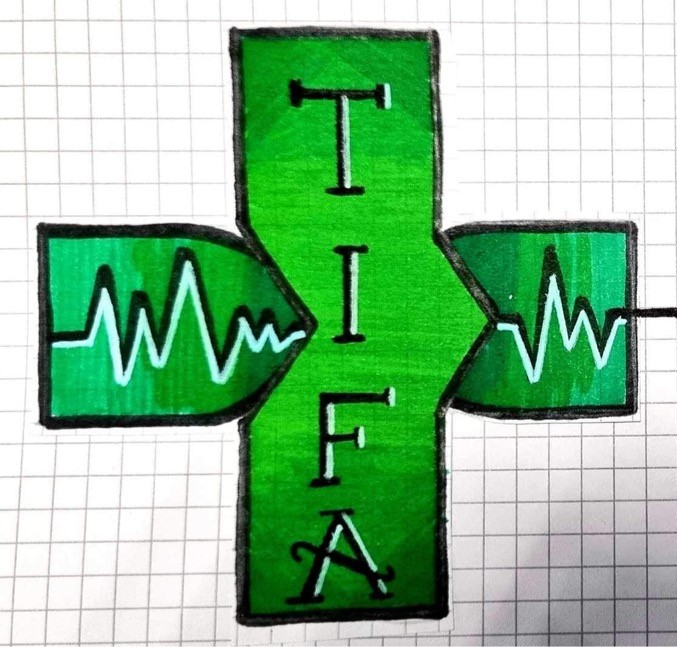I am designing trauma-enhanced courses specifically for people who have had a traumatic experience relating to first aid. Courses will combine First Aid training with wellbeing activities, peer support and psychoeducation (learning about psychological trauma). I am currently researching and designing the course; I will be focusing on post-traumatic care in 2023 and trauma-informed education in 2024.

How to run a trauma-enhanced First Aid course


- ensure your training is trauma-aware
- ensure that you as a trainer fully understand the principles of trauma informed training, preventing the re-traumatisation of students during training. Please feel free to contact me on traumainformedfirstaid@gmail.com to discuss useful courses and resources on this topic.
- confidentially enquire about trauma as part of the enrollment process for a course; offer the opportunity for learners (and their support teams if applicable) to discuss the training and whether it would be suitable for the learner at this time prior to registration.
- provide trigger warnings prior to the course and for each new topic, forewarning students what is coming up. (See above for an excellent example of pre-course content warning provided by the Cardiff University Student Support and Wellbeing Team).
- run a support group style introduction and icebreaker with other learners who have a history of trauma; establish a community of peer support. Ensure that students do not feel pressured into sharing sensitive information about past trauma, but are provided the opportunity to share their experiences if they choose to do so.
- set out clear ground rules for acceptable behavior to ensure that all students feel safe and comfortable in the learning environment.
- consider whether the use of graphic photos or videos would be appropriate for this type of training.
- I would not currently recommend for a trauma-enhanced course to assessed for a formal qualification. Students should feel they have the choice to leave the room at any point, without worrying about whether this will impact their ability to qualify.
- take a therapeutic approach to training; integrate de-stressor activities into the course before breaks or when deemed necessary to support learners in remaining within their ‘window of tolerance’ during training.
- run a module on the fight flight freeze response, how this might impact a First Aider’s ability to respond to a situation logically and tips for how to calm the nervous system during (and after) an emergency
- run a module on post-traumatic care, including practices to calm the nervous system, supporting yourself and others. Ask learners to mind-map ideas for post-traumatic self-care using the 5-ways of wellbeing framework. Discuss how to signpost others to support (i.e. Mental Health First Aid / MHFA).
- have a quiet wellbeing room next door with support available; provide clear guidance on how students can access this support prior to commencing training. Ideally the course will be hosted by two people to enable adequate levels of support to be provided with minimal disruption to training.
Please email traumainformedfirstaid@gmail.com if you have any questions, suggestions or ideas.
Other resources:
The Biology of Trauma™ With Dr. Aimie | Podcast on Spotify
Trauma is Really Strange Comic
Trauma Informed Principles in Yoga courses
Cultural trauma as a fundamental cause of health disparities – ScienceDirect | Black Maternal Health – Angie’s Story

Leave a comment